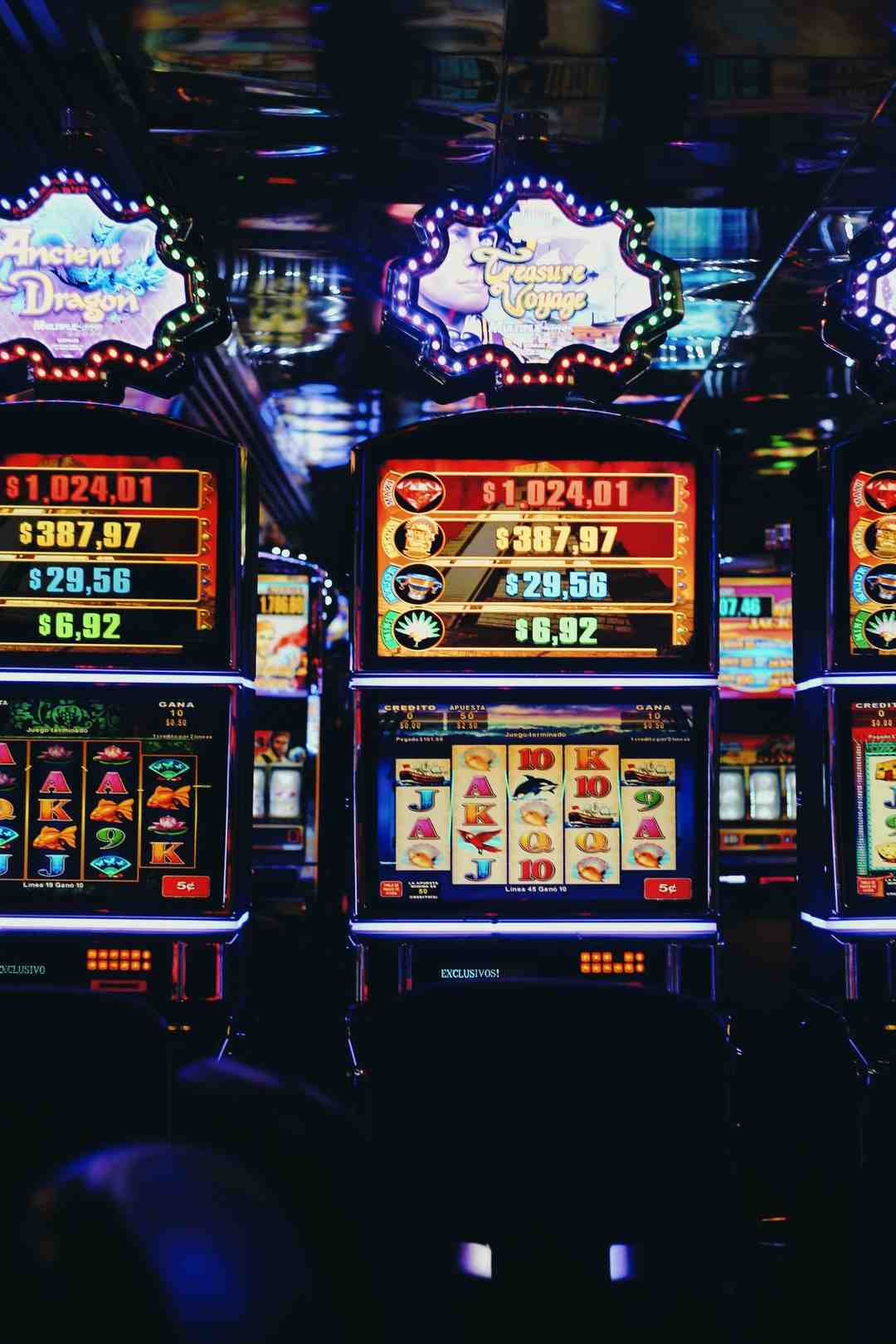
When we think of casino games, the first pictures that often cross our minds are those of rotating roulette devices, card chips clinking on fabric surfaces, and cubes rolling across a gaming area. While numerous view these games as mere hobbies fueled by luck, a deeper exploration reveals a captivating blend of strategy, skill, and community engagement that raises them well beyond simple chance. Whether you are a seasoned player or a inquisitive newcomer, understanding the nuances of these activities can significantly enhance your experience and understanding. Kết quả bóng đá OkwinTV
Casino games have evolved over centuries, with different cultures contributing to their rich histories and variations. From the intricate strategies of 21 to the deception methods in poker, players engage in a contest of wits as much as a gamble on odds. This dynamic interplay between luck and expertise creates a exciting atmosphere that draws millions to gambling establishments worldwide. As we explore the realm of table games, we will reveal the methods that can tilt the odds in your favor and the social aspects that make these games a popular choice for leisure and interaction.
The Approach of Casino Games
Table gaming often involve a blend of skill and luck, which makes them fascinating for participants who enjoy a challenge. Okwintv Every game has its own set of rules and strategies that can influence the results. For instance, in titles like 21, participants are required to use tactics like card counting and understanding the probabilities to make informed decisions. This skill set can significantly improve the winning potential, distinguishing seasoned players from beginners who may rely solely on luck.
In contrast, games such as roulette may seem to be entirely based on chance, but tactical thinking can also come into play. Players can choose between different betting strategies, such as the Martingale system, where they raise their wagers after losses. This method can establish a more controlled way to the activity. Grasping the odds of specific bets can also assist players make better decisions on the table, demonstrating that even in titles of chance, strategy can enhance the experience.
Furthermore, poker stands out as a game that heavily focuses on strategy. Unlike most gaming titles, poker merges skill, psychology, and chance. Players must not only concentrate on the hands they are given but also consider their rivals’ actions and betting patterns. Mastering principles like position, pot odds, and reading bluffing is crucial for winning. This complexity of tactics in poker often creates to a more immersive experience for players, as their decisions and abilities greatly affect the game’s results.
Comprehending Probability and Ratios
In the realm of gambling games, likelihood and ratios play a vital role in deciding a gambler’s possible consequences. Every activity has its own set of rules that dictate how the probability of succeeding or losing is calculated. For instance, in games like 21, participants have a chance to affect their odds through strategy, whereas in matches like roulette, the results are entirely governed by chance. Grasping how these chances are measured can significantly impact how a gambler tackles the game.
Odds are typically presented in two formats: fractional and numeric. Fractional odds indicate the proportion of the amount gained to the sum staked, whereas decimal odds show the overall payout for a winning wager, which includes the initial bet. For example, if a match has odds of 5 to 1, this means that for every one dollar staked, a player could win five dollars if successful. Knowing how to understand these ratios enables gamblers to evaluate their possible winnings and formulate more informed decisions during play.
Players should also be conscious of the casino advantage, which is the casino’s built-in advantage over the players. Each match has a different house edge, and grasping this concept is crucial for handling one’s hopes and funds. Activities with a reduced advantage, such as 21 and baccarat, typically offer superior odds for gamblers compared to activities like slots and keno. By understanding the connection between probability, odds, and the house edge, gamblers can improve their gaming engagement and strategize more efficiently.
The Exciting Aspect of Casino Table Games
Casino games at gaming establishments are often seen as a center of social interaction, bringing participants together in a shared experience that extends far beyond the mere act of gambling. The atmosphere at a blackjack table can be vibrant, with gamblers engaging not only with the game itself but also with each other. Joy, excitement, and, occasionally, friendly banter create connections that improve the overall experience of the gaming experience. This communal aspect can turn a alone endeavor into a dynamic social event, making table games particularly appealing.
One of the fascinating elements of gaming at tables is the way it cultivates camaraderie among players. Whether it’s teaming up to defeat the dealer at a craps table or sharing stories between hands in a poker game, the environment encourages communication. Players often share advice or tactics, creating a sense of togetherness that enhances the fun. This interpersonal atmosphere can make new gamblers feel welcomed and less daunted by the competitive nature of casino games. As the game progresses, friendships may form, leading to a sense of connection that keeps participants returning to the table.
Moreover, the social aspect of gaming at tables extends beyond just the players. Casino staff play a vital role in facilitating interaction and maintaining the flow of the game. Their ability to engage players with warm dialogue and their expertise in running the table can create an welcoming atmosphere. This relationship between players and staff adds another layer of enjoyment, where players feel bonded not only to each other but also to the staff. Such interactions are often what make the experience memorable, as players leave with tales to tell and connections made, reinforcing the notion that gaming at tables are truly about something greater than luck.